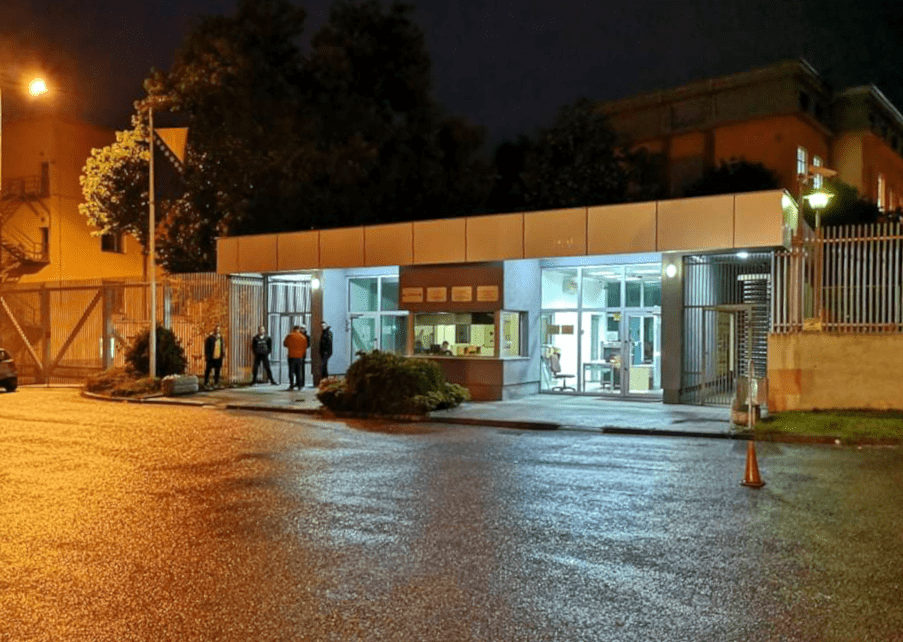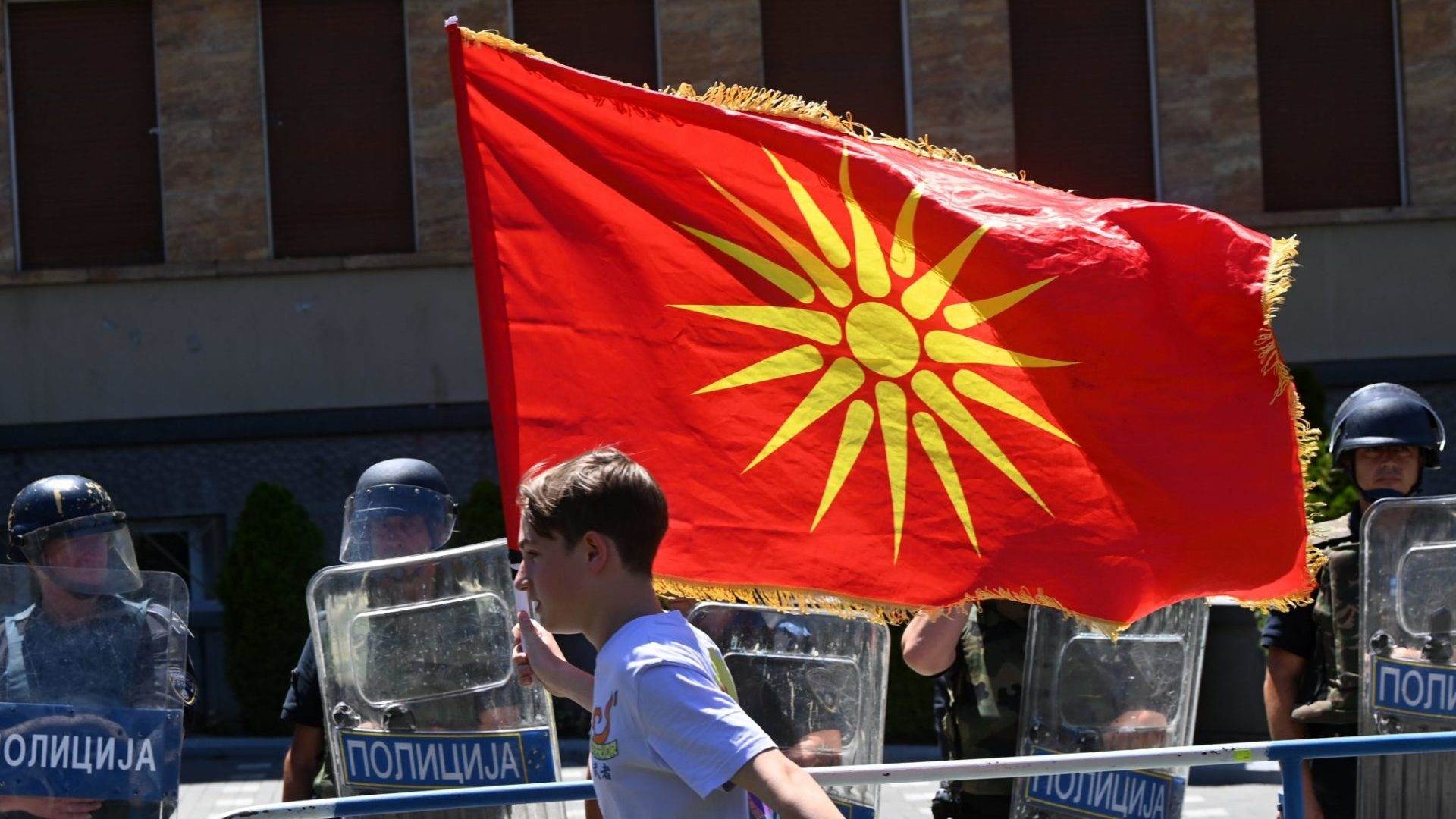This post is also available in: Bosnian
When general Slobodan Praljak downed the poison after hearing his verdict confirmed at the International Criminal Tribunal for the Former Yugoslavia on Wednesday, it was an act of a dramatist cum war criminal.
However the court’s confirmation of the sentence convicting him and his five co-defendants was as little a surprise as the sentencing of Ratko Mladic just a few days earlier.
The verdicts of the court have been uneven, and could never live up to the expectations of victims, human rights activists and academics, but they are important, as neither Mladic or the six Bosnian Croats would have ever been sentenced in Serbian, Bosnian or Croatian courts.
Secondly, the response to the verdicts highlight how much political elites in all three countries thrive on denial.
The denial today is a combination of denying the crimes themselves, or when denial is no longer possible, denying agency.
The Croatian daily Jutarnji List put it best with the headline: “We don’t deny the crimes of the HVO , but they weren’t committed intentionally.”
Politicians from the governing Croatian Democratic Union, HDZ described Praljak as a hero, just as numerous Serb politicians called Mladic a hero.
Some, such as HDZ deputy Bozo Ljubic, even described his suicide as a heroic act, as if Praljak achieved anything great for himself or anybody else by killing himself.
These statements and the narratives on which they are based are inseparably linked to war crimes.
Just like Turkish nation-building has chained itself to the Armenian genocide, instead of recognising it and creating a distance, todays post-Yugoslav nationalists seek to associate themselves with the war criminals of the 1990s rather finding alternative narratives for the nation. Victimhood and heroism are cheap and readily available.
Domestically, denial is the approach, and the ICTY is viewed as either unfair or just according to how it suits the nationalist narrative of victimhood. Thus in Croatia, the ICTY can be both fair for releasing Ante Gotovina and unjust for convicting Praljak and the others.
While the court is not free of failings – not least for an apparent and disastrous lapse of security when Praljak was able to poison himself inside the courtroom – it would have been overly optimistic that the court could ever counteract ‘hijacked justice’, as Jelena Subotic has fittingly described it.
This poisonous week at The Hague demonstrates that despite nearly 25 years of international transitional justice, EU integration and regional cooperation, political interpretations of the wars and the crimes remain antagonistic and mutually hostile; in fact more so than a decade ago.
The tempting and easy answer would be to forget about them. In a media environment in the Balkans in which every day tabloids live off talk of the last or the next war, this might seem enticing. However, the opposite approach is needed.
The nationalist narratives of denial and self-victimisation are a poison in the political discourse and life of Croatia, Bosnia, Serbia, and Kosovo.
They justify war crimes and thus don’t just allow for war criminals to be transformed into heroes and crimes to be orphaned without perpetrators and culprits, they also justify future crimes.
Neither the court nor EU conditionality have substantially transformed domestic narratives, both in current EU member state Croatia, or in aspiring EU members like Serbia, highlighting that a reckoning with war crimes cannot be imposed or even induced from outside.
This reflects similar experiences earlier. After all, also Germany came to terms with itself past not as a result of denazification or Allied efforts, but two decades later.
Today the difficulty lies in the fact that those who celebrate war criminals and engage in everyday ‘whataboutism’ include not just the usual motley crew of far-right nationalists and the churches, as Catholic priests organised a prayer meeting for the six Croat war criminals and the patriarch of the Serbian Orthodox Church called the sentencing of Mladic diabolical.
They include the leading politicians from the ostensibly ‘pro-European’ conservative governing HDZ in Croatia and the governing Progressive Party in Serbia, the members of the Bosnian presidency and the Croatian and Serbian prime ministers, who both failed to use the sentencing as an opportunity to condemn war crimes committed by their ethnic kin and instead stoked the flames of relativism and ambiguity.
And so the ICTY, in its final days, has demonstrated that coming to terms with the past is still a long way away, and that this project will require new venues.
Florian Bieber is professor of Southeast European History and Politics at the University of Graz. He is director of the Centre for Southeast European Studies in Graz and coordinates the Balkans in Europe Policy Advisory Group (BiEPAG).
The opinions expressed in the Comment section are those of the authors only and do not necessarily reflect the views of BIRN.

